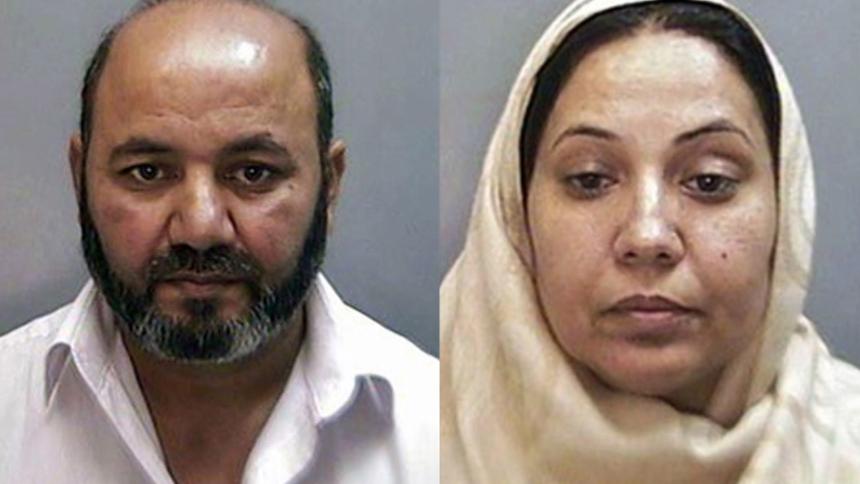
Murdered by her parents: The 'honour killing' of Shafilea Ahmed
The murder of Shafilea Ahmed is covered in series four, episode eight of Killer Britain with Dermot Murnaghan. The episode is available to stream now on demand and on Crime+Investigation.
Her parents called it an ‘honour killing’ but what happened in in 2003 to 17-year-old Shafilea Ahmed was simply murder. The Warrington teenager went missing from her home and her body was found six months later in Cumbria, in a crime that shocked the nation.
Reported missing by teachers on the 11th September, a week after her disappearance, police made several appeals to find Shafilea. However, it wasn’t until workers discovered her decomposed body in February 2004 that the teen was officially identified by her jewellery and dental records.
A clear case of murder
Although there were two failed post-mortem examinations undertaken to determine how she died, in 2008 a verdict of unlawful killing was recorded at Ahmed’s inquest. The judge at the trial told the court:
‘Your concern about being shamed in your community was greater than the love of your child.’
After years of abuse, it was later reported that Shafilea Ahmed was suffocated to death by her parents after they believed she ‘brought shame’ to the family. Detectives at the trial described the killing as ‘vile and disgraceful’ and that the family should’ve been proud of their daughter rather than ashamed.
But how were the suspects brought to justice?
The step-forward came when Shafilea’s younger sister, Alesha, was arrested in connection with an armed robbery at the family home in August 2010. Alesha told police during an interview that she had watched her parents murder her sibling years earlier.
She later told the trial that she saw the couple push Shafilea onto the couch and say, ‘just finish it here’. Shafilea's parents then forced a plastic bag into her throat and murdered her in front of their other children.
The trial
The trial for the murder of Shafilea Ahmed began in May 2012 at Chester Crown Court and concluded three months later on 3rd August 2012, with both parents being found guilty and sentenced to life in prison.
Even though Ahmed’s parents, Iftikhar and Farzana Ahmed, denied the murder of their daughter, they were jailed for life with a minimum term of 25 years.
The police investigating the death of Shafilea were so certain her parents had murdered the teenager that they wired the family’s home to listen in on their conversations to see if they could catch any evidence that would implicate them.
The investigation unfolds
Iftikhar Ahmed told authorities that his daughter had run away in the middle of the night and that he never saw her again after that evening. Farzana also denied claims she murdered her daughter, however during the three-month trial she later confessed to seeing her husband beat Shafilea the night she was killed.
According to Farzana, her husband threatened her and her other children if she ever discussed what happened to the teenager.
Speaking the night her sister was killed, Shafilea’s sister advised that her sibling was torn between two different lifestyles – Western and traditional. Her parents were pushing the latter and wanted their daughter to wear traditional clothing and pursue an arranged marriage.
She then went on to explain how the other children ran away to hide upstairs in shock – this is when Alesha saw her father carrying Shafilea’s body wrapped in a blanket.
When it came to sentencing, Mr Justice Evans told the pair: ‘A desire that she understood and appreciated the cultural heritage from which she came is perfectly understandable, but an expectation that she live in a sealed cultural environment separate from the culture of the country in which she lived was unrealistic, destructive and cruel.’
A close friend of the victim paid tribute to Shafilea about how ‘we have waited for this day for many years’. She also spoke of her pain and anguish at having to watch her killers avoid justice for such a long time.
The judge told the court after the guilty verdict: ‘There is only one sentence that I can impose upon you and that is a sentence of imprisonment for life.’







